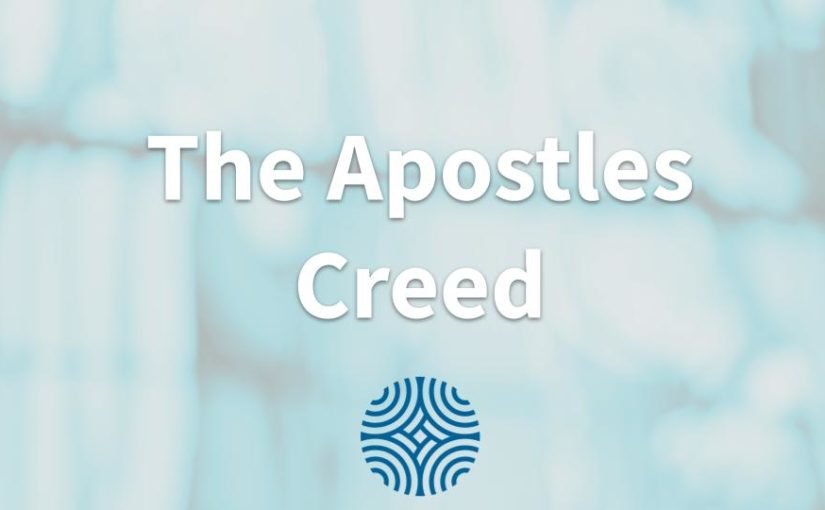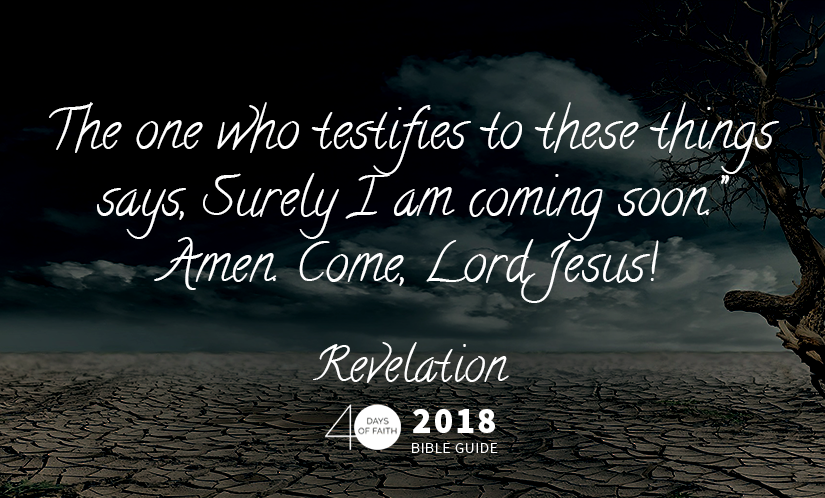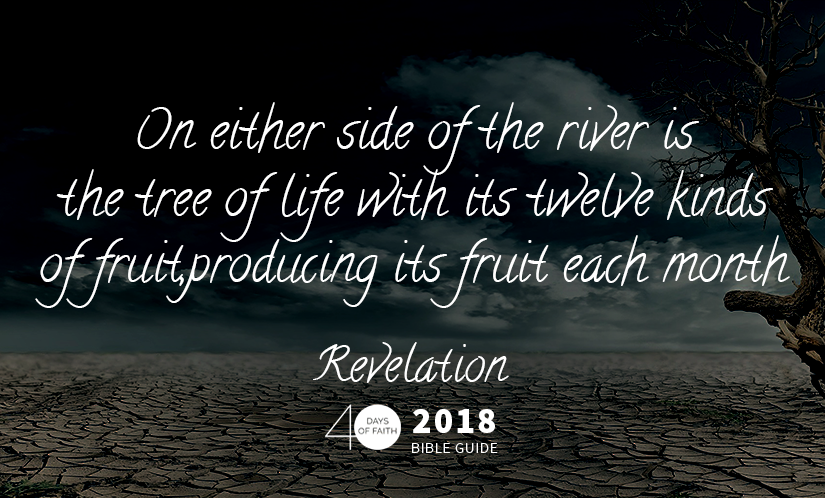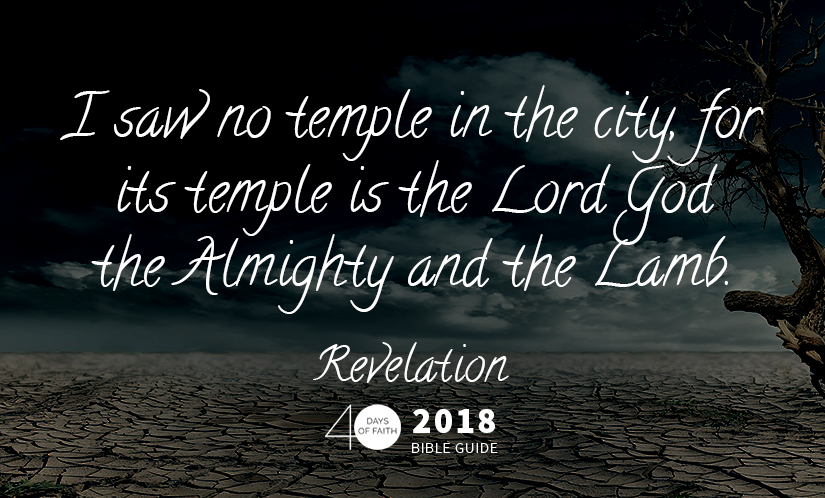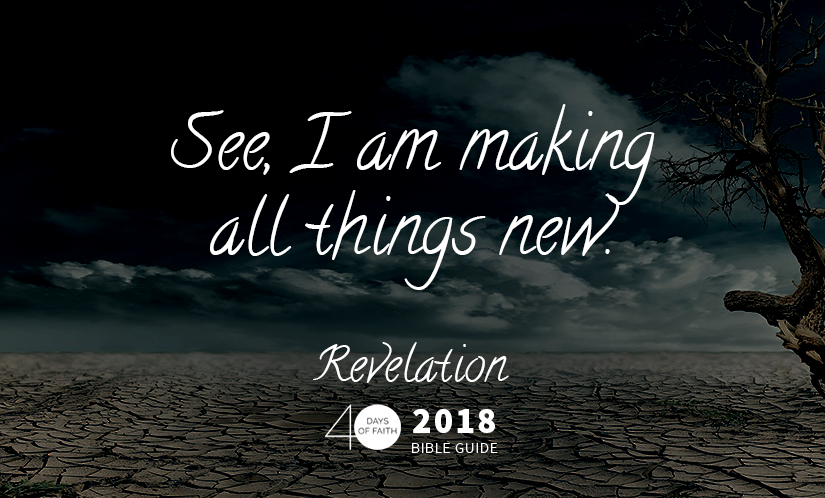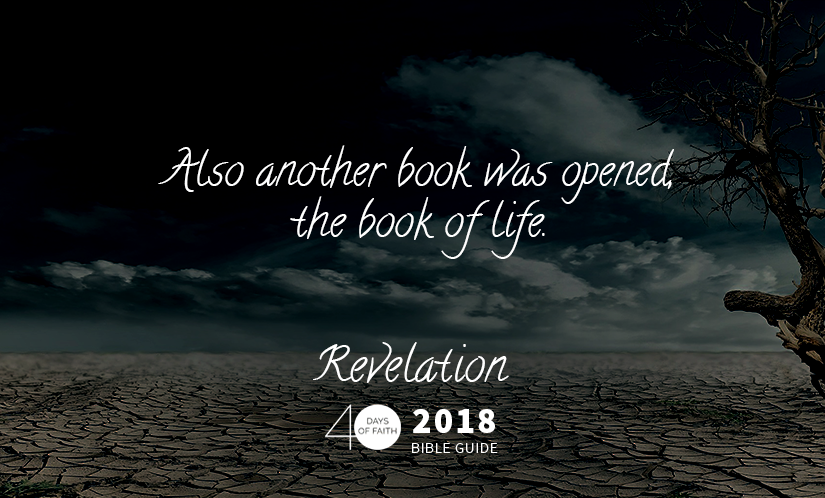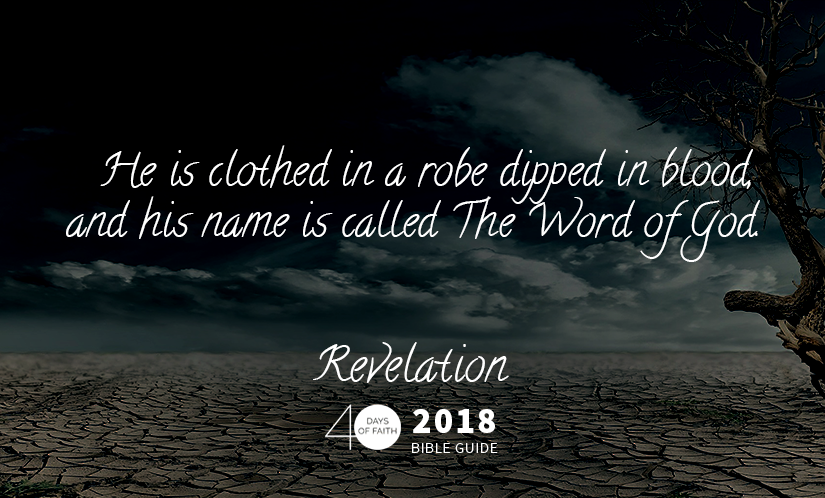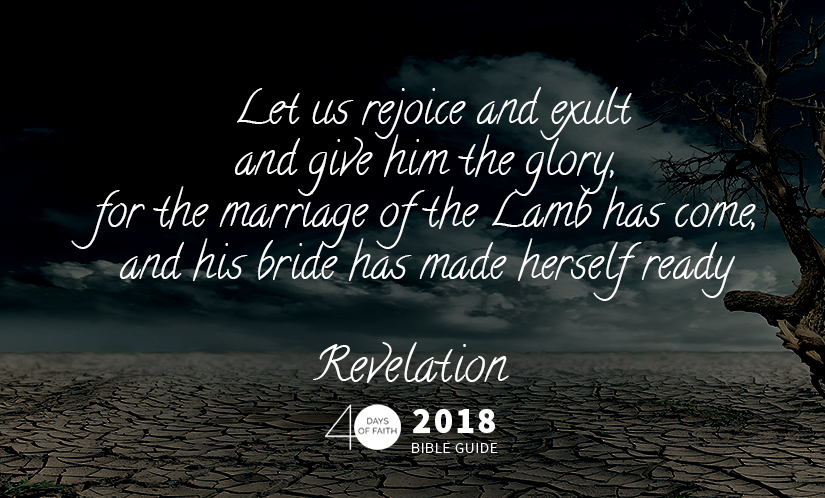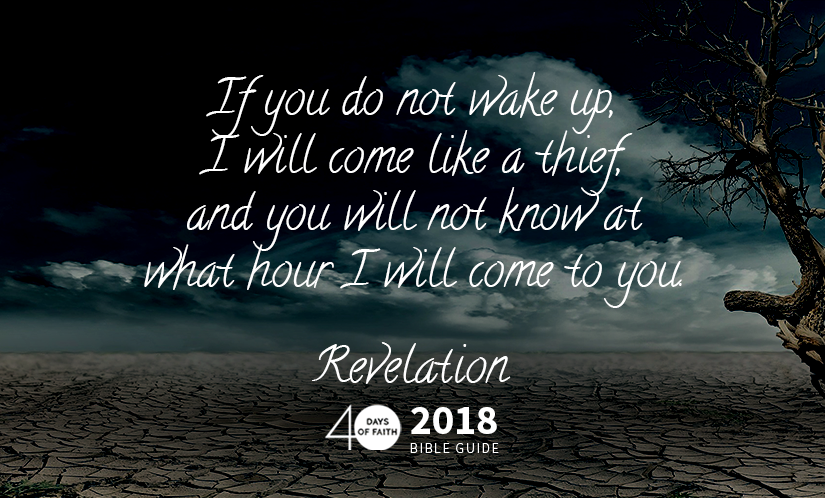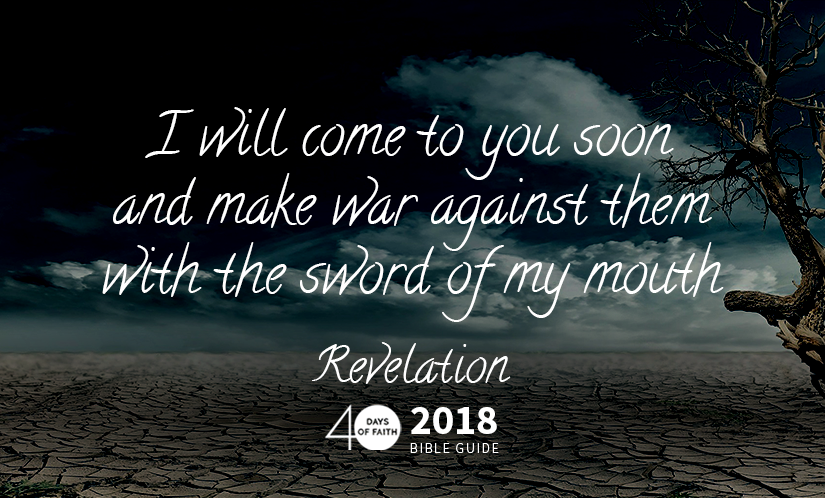I want to share a few thoughts on why I’m preaching through one of the oldest Christian creeds this summer. We’re trying to learn and live in and transmit a faith that empowers wholeness, love, and justice in people and communities, that promotes whole life flourishing. And let’s be real – contemporary Christianity has a pretty spotty track record on this front!
By the fourth century, Chrisitans had the Bible in more or less the same form we do today. They also had traditions, faith practices, songs, and programs to remember Jesus, learn to love God and neighbor, and pass the faith on to others. To help with all this, and to promote unity in the faith, leaders also wrote a series of short creeds meant to summarize core Christian beliefs. The Apostles Creed is one of them. And for many centuries, it has helped anchor faith, hope, and love for followers of Jesus. I’m preaching through this creed because it’s an opportunity to talk about some important beliefs and experiences at the heart of good news faith in a living, life-giving God known to us in Jesus Christ.
The creeds aren’t perfect, though. They skip over important things, like pretty much everything Jesus taught or did in his life between his birth and his death. And their language has had some gaps and oversights that have sometimes played into some of the worst problems in the Christian faith we’ve inherited in our times.
Personally, I think the two biggest problems we’ve inherited have to do with power and love.
Christians have passed on horrible ideas about power. As the Roman Empire was adopting Christianity as its official religion, the writers of the creeds and other church leaders increasingly portrayed God’s power on the terms of human emperors and tyrants. When Christians called Jesus Lord, or spoke of the Heavenly Father God as a King, they increasingly called to mind perfectionist, aloof, controlling, and violent images of God. This helps explain so much of what has disgusted modern people about the legacy of Christianity – its sponsorship of crusades and colonies, its complicity with white supremacy and patriarchy, and its fear-based teaching on sin, hell, and an angry God.
These ideas about power have also magnified the worst resistance and crises of faith people have around their ideas and experience of God. So many people struggle with faith when they observe or experience suffering and evil and wonder why a good God with controlling, micro-managing, total power isn’t stopping it. Reframing and relearning that God’s power is not controlling or micro-managing, but instead consistent with the loving, relational nature of God is a first and powerful step in overcoming the barriers to faith the problem and experience of evil presents. So I’m teaching the creeds with a different understanding of God’s power in mind, a power that is consistent with what we know through science and experience of how the world works, and a power that is consistent with a God who is love.
Christians have also so often really failed to follow Jesus, in centering and practicing love. Jesus famously boiled down all of scripture and faith to matters of love. He taught God’s call to a relationship with Love: that we learn to love God with our whole being. And he taught God’s call to us to love our neighbors (and our enemies) as ourselves. If the problem of evil is the biggest reason people struggle with faith, the cruelty and hypocrisy of Christians might be the biggest reason people avoid things to do with Christianity in the first place.
To practice and transmit a faith that empowers wholeness, love, and justice, we need to recenter love. We need to recenter love in our worship and our thinking about God. We need to recenter love in our sense of God’s hopes and direction for us and our world. And we need to recenter love in our ethics, our communities, our relationships, and the whole of our public lives.
Reteaching the Apostle’s Creed this summer is one opportunity I have to encourage a life-giving, liberating faith worthy of a living, loving God and helpful for our lives today. Reservoir offers these attempts at innovative faith rooted in an ancient tradition in the spirit of our God who is always doing a new thing, making a way in the wilderness and making rivers in deserts, and in response to Jesus, who tells us,
“I am making everything new!” (Isaiah 43:19, Revelation 21:5)
So far, we’ve talked about the nature of belief, the nature of God, the friendship and leadership of Jesus, what makes Jesus special, and the impact of Jesus’ suffering and death for our healing. This Sunday, I’ll speak about what Jesus has been up to since he died, and on August 8, 15, and 29, I’ll speak about the rest of what the creed has to say about Christian community and experience.
All things new….
And we’re talking about how people have reinterpreted these words in light of what God is doing among us today. Because this is how religion in general, and faith in Jesus, in particular works. It remains rooted in its original historical events and sources, while it also evolves as people and culture do, with the Spirit of God accompanying us in an ever-changing world.
Steve


